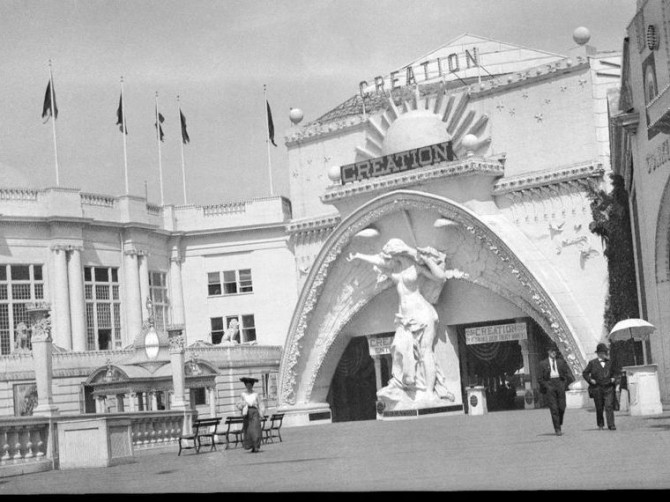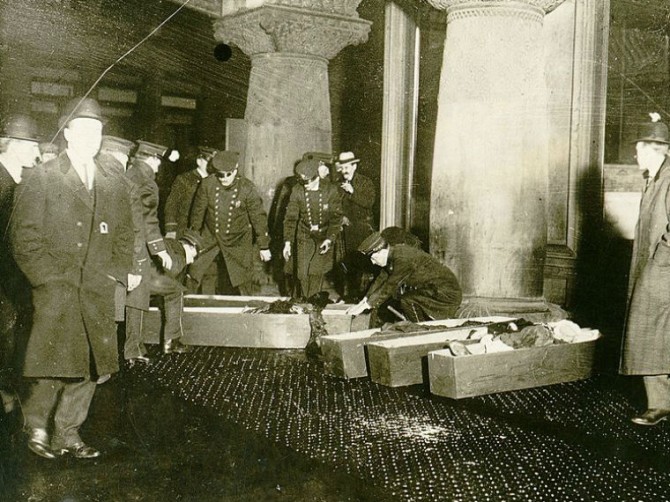Coralee and Eddie are running away from their fathers and inadvertently they run into each other. Set in 1911 in New York City, these two outcasts fall in love in the shadow of the Triangle Shirtwaist Fire and growing labor unrest in Alice Hoffman's The Museum of Extraordinary Things. They have the darnedest time finding each other, however. Eddie, whose real name is Ezekiel, is a Jewish refugee from Ukraine, a former street kid turned photographer. Coralee is a mermaid in her cold, controlling father's freak show that gives the book its name. They meet by chance after Coralee, a phenomenal swimmer, completes a stunt to bring business to her father's museum. It's love at first sight, but Coralee's father wants to keep her for his own ends. Eddie is on the scene of the Triangle fire, one of the worst workplace disasters in American history and gets caught up in the search for a missing woman who works there, which eventually leads him back to Coralee. There's also a subplot involving Maureen, the housekeeper for Coralee's father and one of the attractions, a "wolfman."
There's a lot more to this book than your standard love story: what children and parents owe each other, the responsibilities of those in charge to those who depend on them, appearance and true nature, and the transformative power of literature. The motifs of fire and water as well as city versus wilderness also run through the book, adding to the depth. Above all rises the character of New York City, proving to be the true Museum of Extraordinary Things.
This book reminded me of Caleb Carr's The Alienist in its loving and detailed description of New York, though Carr's book is a bit darker and more of a mystery. For nonfiction fans, Triangle, the Fire that Changed America is a good place to start for further reading. Also, for those of you who follow my blog, you will remember my post on The Dovekeepers, another excellent example of Hoffman's writing.





Add a comment to: City of Extraordinary Things